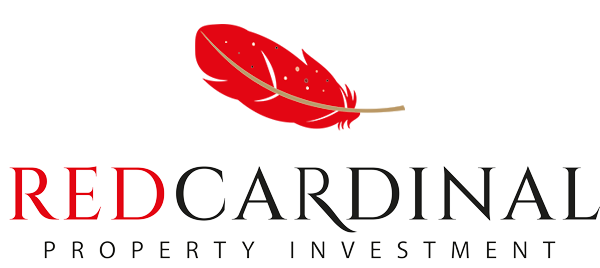Weighing the Pros and Cons: Property Investment vs. Stocks
When it comes to investing, there are many options available to individuals. Property investment and investing in stocks are two popular choices, each with its own advantages and disadvantages. In this article, we will explore the differences between property investment and stock investment and help you determine which is right for you.
Property Investment: Investing in property involves buying and owning physical real estate, such as houses, apartments, commercial buildings, or land. Property investors earn income from rental properties or by buying and selling properties for a profit.
Advantages of Property Investment:
Income Generation
Rental income generated from property investments can provide a steady stream of income, which can be used to supplement one’s regular income or as a primary source of income for retirement.
Appreciation
Real estate investments can appreciate in value over time, which can lead to substantial returns when sold.
Tangible Asset
Property investment provides investors with a tangible asset that they can see and touch. This can give investors a sense of security knowing that they own a physical asset that is unlikely to disappear overnight.
Control
Property investors have control over their investment, from selecting the property to managing it. They can make decisions about the property’s upkeep, rental rates, and other factors that can impact its value.
Disadvantages of Property Investment:
High Initial Investment
Property investments require a significant amount of upfront capital, which can be a barrier for some investors.
Illiquid Asset
Real estate investments are illiquid, meaning that they cannot be easily converted into cash. Selling a property can take time, and the investor may need to wait for the right buyer to come along.
Maintenance Costs
Property investments require ongoing maintenance and repair costs, which can eat into profits.
Market Volatility
Property values can be affected by market conditions, such as changes in interest rates, economic downturns, and changes in local property markets.
Stock Investment
Investing in stocks involves buying shares in publicly traded companies. Investors earn income from dividends or by selling shares at a profit.
Advantages of Stock Investment:
Liquidity
Stocks are highly liquid, meaning they can be easily bought and sold on stock exchanges.
Diversification
Investing in stocks allows investors to diversify their portfolio across different industries, sectors, and countries.
Low Barrier to Entry
Stocks are a relatively low-cost investment, and investors can start with small amounts of capital.
Growth Potential
Stocks have the potential to appreciate in value over time, leading to substantial returns for investors.
Disadvantages of Stock Investment:
Volatility
Stock prices can be highly volatile, which can be stressful for some investors.
Limited Control
Stock investors have limited control over their investment, as they are dependent on the performance of the company and market conditions.
Uncertainty
The stock market can be unpredictable, and it can be challenging to predict future market conditions accurately.
Scams and Fraud
The stock market is also susceptible to scams and fraud, which can lead to significant losses for investors.
Which is right for you? Ultimately, the choice between property investment and stock investment will depend on your investment goals, risk tolerance, and financial situation. If you are looking for a long-term investment that generates steady income and provides a tangible asset, property investment may be right for you. If you are comfortable with market volatility and seeking diversification with a lower barrier to entry, stock investment may be the way to go.
In conclusion, both property investment and stock investment have their advantages and disadvantages. It is crucial to do your research, assess your investment goals, and consult with a financial advisor before making any investment decisions.




